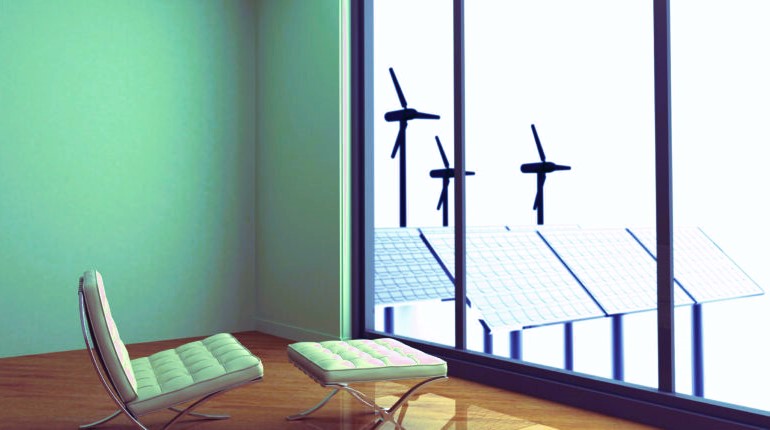Choosing the right window materials is a critical decision when it comes to both the aesthetics and functionality of your home. Windows are not only architectural features but also essential components that impact energy efficiency, durability, and maintenance. Navigating the wide array of window materials available can be overwhelming, but understanding the pros and cons of each can help you make an informed choice. In this article, we’ll guide you through the world of window materials, exploring their characteristics and implications for your living space.
1. The Importance of Window Materials
Windows are exposed to a range of weather conditions, and the materials used in their construction determine their performance and longevity. The right window materials can enhance energy efficiency, reduce maintenance efforts, and complement your home’s design.
Learn about window energy performance standards in Canada to make informed decisions that align with energy-efficient practices.
2. Wood
Pros:
- Natural Aesthetics: Wood offers timeless elegance and a warm, organic feel that complements various architectural styles.
- Insulation: Wood is a natural insulator, providing excellent thermal performance and reducing energy consumption.
- Customization: Wood can be easily customized, allowing for unique designs and finishes.
Cons:
- Maintenance: Wood requires regular maintenance to prevent rot, warping, and fading. Repainting or resealing is necessary to ensure longevity.
- Cost: Wood windows tend to be more expensive upfront compared to other materials.
3. Vinyl
Pros:
- Low Maintenance: Vinyl windows are virtually maintenance-free, requiring no painting or sealing.
- Affordability: Vinyl windows are often more budget-friendly than wood or aluminum options.
- Energy Efficiency: Modern vinyl windows are designed with energy-efficient features, reducing heat transfer and improving insulation.
Cons:
- Limited Color Options: While vinyl windows are available in various colors, they can’t be repainted, limiting design flexibility.
- Appearance: Some homeowners prefer the natural look of wood, and vinyl might not offer the same level of aesthetics.
4. Aluminum
Pros:
- Strength and Durability: Aluminum windows are sturdy, resistant to weathering, and can withstand harsh conditions.
- Slim Profiles: Aluminum frames allow for larger expanses of glass, maximizing natural light.
- Low Maintenance: Aluminum is corrosion-resistant and requires minimal maintenance. Vintage charm meets modern style, see this link for more details.
Cons:
- Thermal Conductivity: Aluminum is a good conductor of heat, which can impact energy efficiency if not properly insulated.
- Condensation: Without proper thermal breaks, aluminum windows can experience condensation and heat loss.
5. Fiberglass
Pros:
- Strength: Fiberglass windows are exceptionally strong and durable, with minimal expansion and contraction due to temperature changes.
- Energy Efficiency: Fiberglass has low thermal conductivity, making it energy-efficient and resistant to heat transfer.
- Aesthetics: Fiberglass frames can be painted to match your preferred color scheme.
Cons:
- Cost: Fiberglass windows can be more expensive upfront compared to vinyl.
- Availability: Depending on your location, finding a wide variety of fiberglass window options may be challenging.
6. Hybrid Materials

Some manufacturers offer hybrid window options that combine the strengths of different materials. For example, you might find windows with a wood interior for aesthetics and a vinyl or fiberglass exterior for low maintenance and durability.
7. Making the Right Choice
When choosing window materials, consider factors such as climate, maintenance preferences, budget, and aesthetic goals. It’s advisable to consult with window experts to determine the best materials for your specific needs.
8. Sustainable Choices
Link to Standards: Wikipedia – Sustainable Design
Explore sustainable design principles on Wikipedia to understand how your window material choices contribute to eco-friendly living.
In conclusion, window materials play a crucial role in the performance and aesthetics of your home. By understanding the characteristics of different materials, considering factors like maintenance, energy efficiency, and cost, and adhering to established standards, you can make informed decisions that enhance both the functionality and beauty of your living space.

